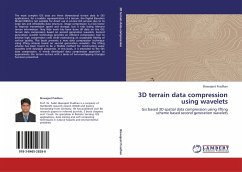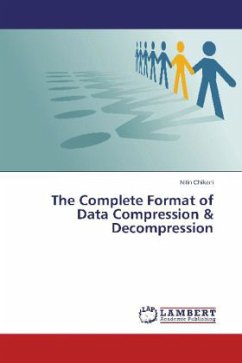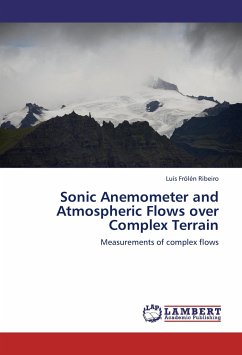
3D terrain data compression using wavelets
Gis based 3D spatial data compression using lifting scheme based second generation wavelets
Versandkostenfrei!
Versandfertig in 6-10 Tagen
52,99 €
inkl. MwSt.

PAYBACK Punkte
26 °P sammeln!
The most complex GIS data are three dimensional terrain data in GIS applications, for a realistic representation of a terrain, the Digital Elevation Model (DEM) is not suitable for direct use in on-line GIS services due to its large size and inflexibility data structure. Image compression is a key factor to improve transmission speed and storage, but it risks losing relevant terrain information. Very little work has been done till date on the GIS terrain data compression based on second generation wavelets. Second generation wavelet technology provides an efficient compression tool to achieve ...
The most complex GIS data are three dimensional terrain data in GIS applications, for a realistic representation of a terrain, the Digital Elevation Model (DEM) is not suitable for direct use in on-line GIS services due to its large size and inflexibility data structure. Image compression is a key factor to improve transmission speed and storage, but it risks losing relevant terrain information. Very little work has been done till date on the GIS terrain data compression based on second generation wavelets. Second generation wavelet technology provides an efficient compression tool to achieve high compression ratio while maintaining an acceptable fidelity of surface quality. This book presents a new data compression technique using lifting scheme based on second generation wavelets. The lifting scheme has been found to be a flexible method for constructing scalar wavelets with desirable properties. In this book, it is extended to the GIS data compression. A newly developed data compression approach to approximate the terrain surface with a series of non-overlapping triangles has been presented.












